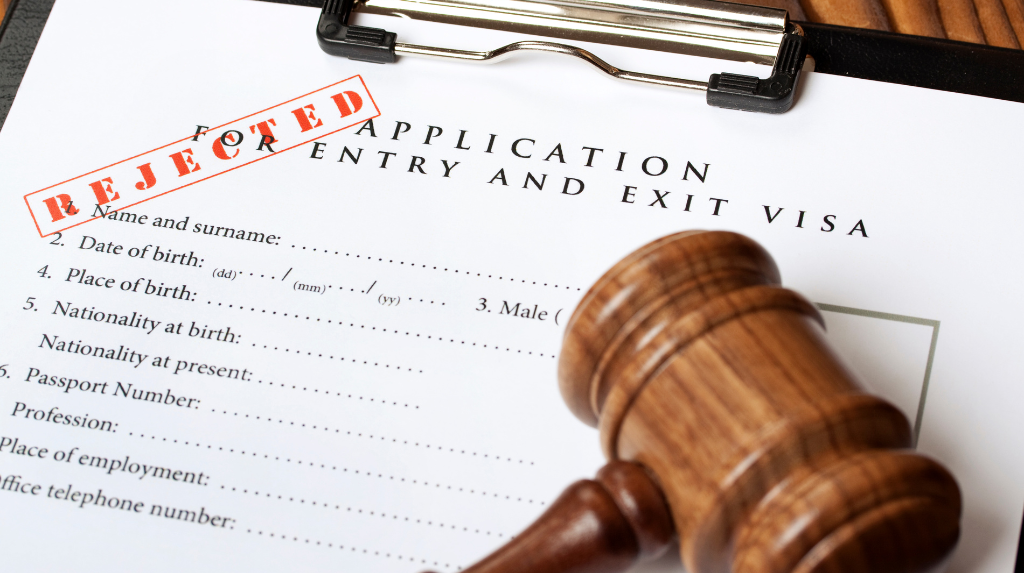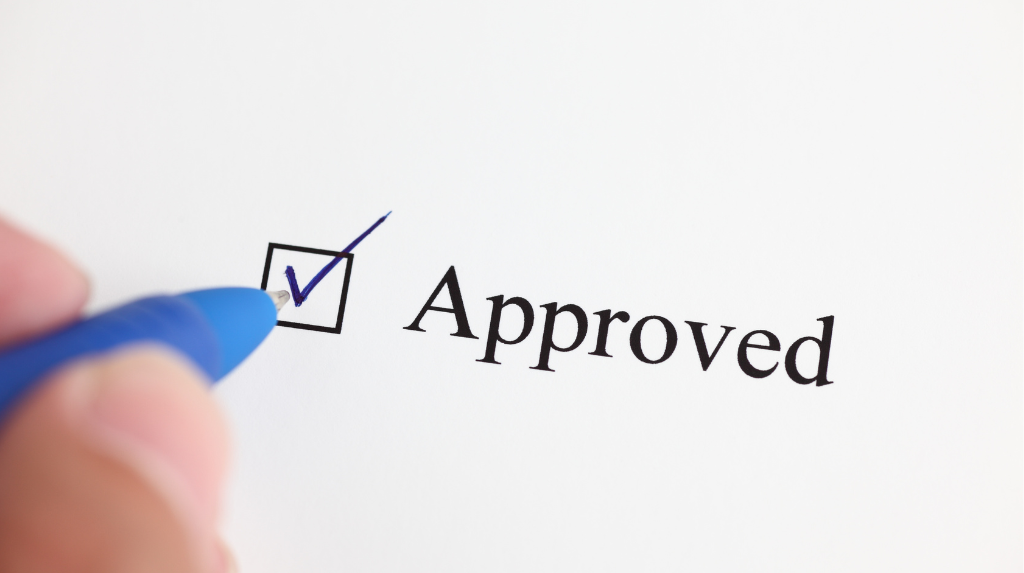Planning a trip to Cuba is exciting, but receiving a visa rejection can be disheartening. However, understanding the reasons for Cuba visa rejection is the first step towards addressing them and reapplying successfully. In this guide, we’ll help you navigate the process of finding out why your Cuba visa was rejected and how to overcome the obstacles.
- How to Reapply to Cuba After Refusal
- How Long After Cuba Visa Refusal Can I Apply?
- How to Apply for a Cuba Visa After Refusal
Understanding Visa Rejection
A visa rejection means that your application did not meet the criteria set by the Cuban authorities. While it might feel frustrating, keep in mind that visa officers have specific standards to ensure the integrity of the visa process.
Common Reasons for Cuba Visa Rejection
Incomplete Documentation
Submitting incomplete or missing documents is a common reason for visa rejection. Ensure that all required documents are included and accurately filled out.
Insufficient Financial Proof
If you couldn’t provide adequate proof of financial means to cover your trip, your application might be rejected. Make sure to provide clear and credible evidence of your ability to fund your stay.
Lack of Travel Itinerary
Not providing a detailed travel itinerary that aligns with your stated purpose of visit can lead to rejection. Your itinerary should include accommodations, transportation, and planned activities.
Misrepresentation of Information
Providing false or inconsistent information in your application can result in rejection. Always be truthful and accurate when completing the application form.
Criminal Record
Having a criminal record or being involved in certain activities can lead to visa rejection. It’s essential to be aware of the eligibility criteria and potential restrictions.
Steps to Determine Rejection Reasons
Review the Rejection Notice
The rejection notice you receive will provide specific information about the reasons for the rejection. Carefully read and understand the notice to identify the areas that need improvement.
Consult the Cuban Embassy or Consulate
If the rejection notice isn’t clear or you have further questions, reach out to the Cuban embassy or consulate. They can provide clarification on the rejection reasons.
Check Application for Errors
Review your initial visa application for any errors or discrepancies. Sometimes, simple mistakes can lead to rejection. Correct any errors before reapplying.
Addressing the Rejection Reasons
Once you identify the reasons for rejection, focus on addressing them. This might involve providing additional documentation, clarifying information, or rectifying errors.
Gathering Additional Evidence
If the rejection was due to insufficient financial proof or incomplete documentation, gather the necessary evidence to strengthen your case. This could include updated bank statements, sponsorship letters, or a detailed travel itinerary.
Reapplying After Visa Rejection
After making the necessary improvements, you can reapply for a Cuba visa. Ensure that your application is complete, accurate, and well-documented. Highlight the changes you’ve made to address the rejection reasons.
Seeking Legal Assistance
If you’re unsure about how to proceed or encounter complex issues, consider seeking legal advice from professionals who specialise in visa matters. They can offer tailored guidance based on your situation.
FAQs About Reasons for Cuba visa rejection
Can I appeal a visa rejection decision?
In most cases, the decision is final, and there’s no formal appeal process. However, you can address the reasons for rejection and reapply.
Delving into the Appeal Process
Facing a rejected visa application can be disheartening, but hope is not lost. While formal appeal processes are rare, you have the opportunity to rectify the reasons for rejection. Gather additional evidence, address the concerns raised, and submit a stronger application. It’s a second chance to make a lasting impression.
Will my previous rejection impact future visa applications?
A previous rejection might impact future applications, but addressing the issues and providing strong evidence can improve your chances.
Mitigating the Impact
A rejected visa application doesn’t necessarily spell doom for your future attempts. By understanding the reasons behind the rejection, you can proactively address them. Strengthen your case with robust evidence, demonstrating your eligibility and addressing any concerns raised during the previous evaluation.
How long should I wait before reapplying after a rejection?
It’s recommended to wait until you’ve addressed the rejection reasons and gathered additional evidence before reapplying.
Patience Pays Off
While the eagerness to reapply is understandable, patience is key. Take the time to thoroughly address the issues highlighted in the rejection. Waiting allows for a more comprehensive and well-prepared application, increasing your chances of success.
Should I explain the rejection in my new application?
While you don’t need to dwell on the rejection, you can briefly mention that you’ve addressed the issues and improved your application.
Transparent Communication
Acknowledging and briefly addressing the previous rejection in your new application shows transparency and a commitment to improvement. However, focus on the positive changes made rather than dwelling on the past. Keep it concise, highlighting the steps taken to enhance your application.
In conclusion, Facing a Cuba visa rejection can be discouraging, but it’s essential to approach it as an opportunity to improve your application. By understanding the reasons for rejection, taking corrective steps, and reapplying with a stronger case, you can increase your chances of obtaining the visa you need for your Cuban adventure.
Do you need assistance with Cuban visa appeal?
Contact our team of skilled immigration lawyers to discuss your visa and immigration needs.
Call us on +234 812 5505 986 or WhatsApp us at +234 818 1547 085 for immediate assistance with your situation. We are available to assist you in person, over the phone, or online.





